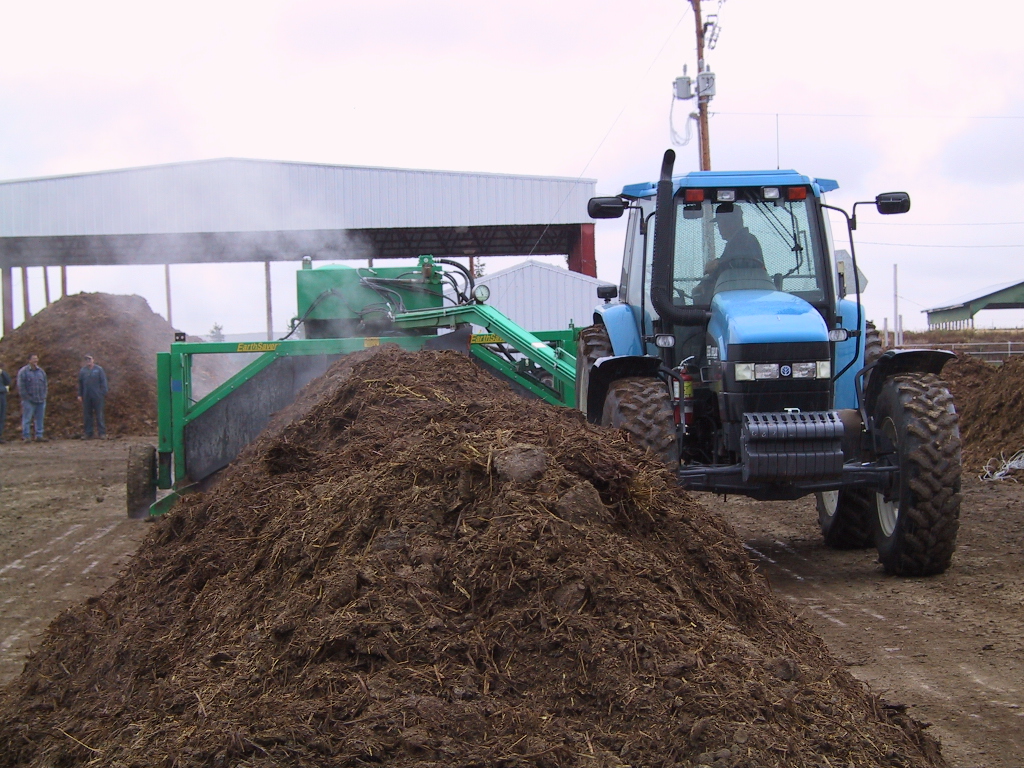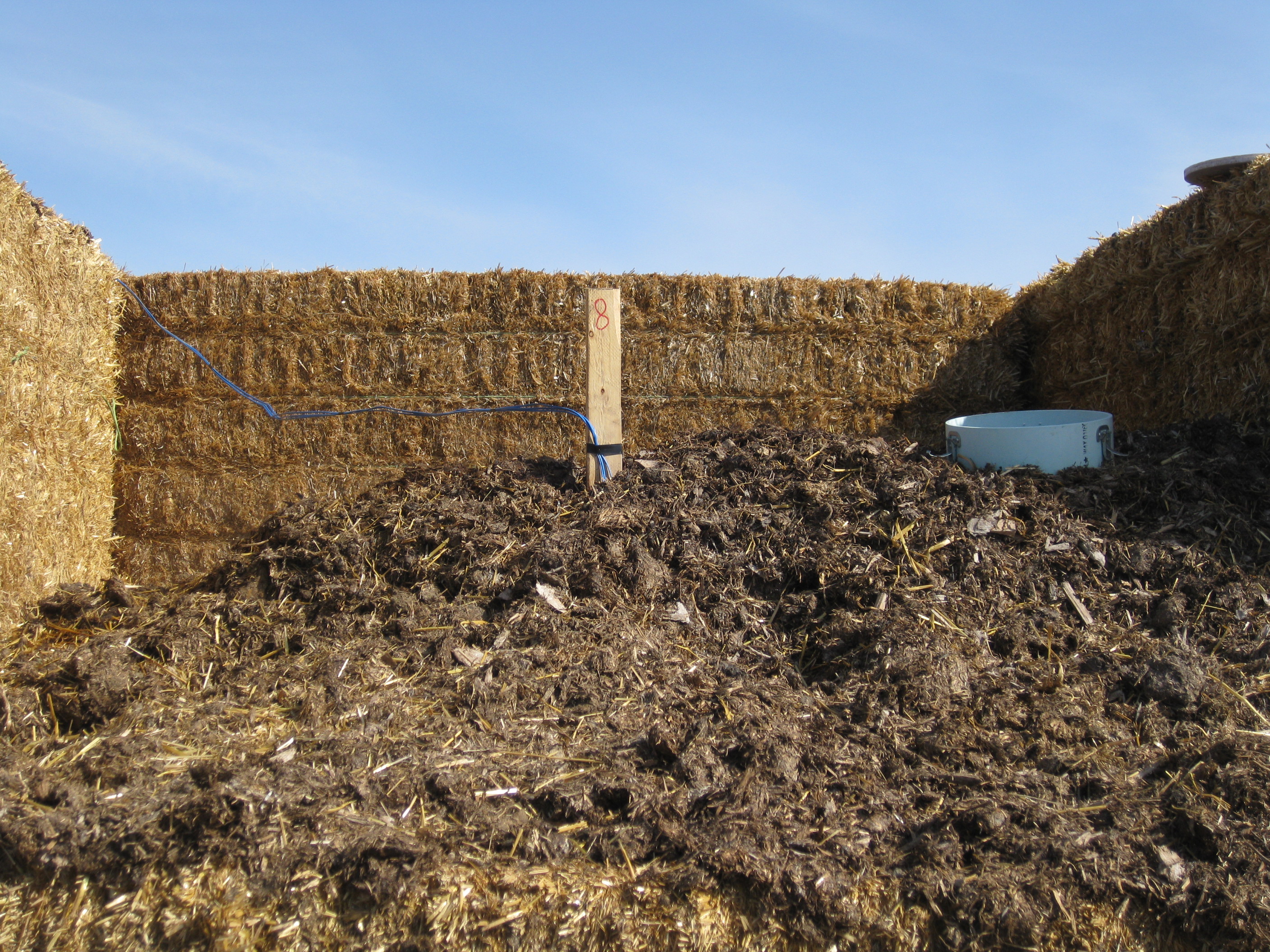Set up an interview
Media Relations
Agriculture and Agri-Food Canada
1-866-345-7972
aafc.mediarelations-relationsmedias.aac@agr.gc.ca
Manure from beef and dairy operations is often stockpiled or composted to reduce its volume and stabilize nutrients before being added to the land. Until recently, little was known about what happens to antibiotics once they are administered to animals and subsequently excreted in manure.
A team of Agriculture and Agri-Food researchers collaborated with colleagues from several Canadian universities, Alberta Agriculture and Forestry, the Beef Cattle Research Council, and the federal Genomics Research and Development Initiative to uncover the mystery. Studying the fate of these antibiotics is important because of an increasing number of bacteria that are becoming resistant to some antibiotics, otherwise known as antimicrobial resistance.
The science team, which included Dr. Tim McAllister, Trevor Alexander and Francis Larney from the Lethbridge Research and Development Centre, tested raw manure, stockpiled manure and compost. Overall, the team examined which commonly used antibiotics were present, how quickly they degraded and if potential antimicrobial resistant genes appeared in environmental bacteria after the manure-based products were spread on cropland.
They discovered that, although both composting and stockpiling have merit for processing manure, composting with frequent turning intervals is more effective at reducing levels of antibiotics and deactivating antimicrobial resistant genes.
"This project demonstrated that manure processing procedures delivered a triple benefit to the environment, breaking down antimicrobial residues, degrading antimicrobial resistant genes and killing antimicrobial resistant bacteria. Such practices are critical to ensuring that antimicrobials can continue to be prudently used to ensure the health and welfare of livestock, without posing a threat to the environment."
- Dr. Tim McAllister, Research Scientist, Sustainable Production Systems, Agriculture and Agri-Food Canada
The results of this research will help specialists identify waste management strategies to ensure that the manure farmers apply to their fields contains minimal concentrations of antibiotics and antimicrobial resistance genes.
This research also contributes to Canada's Federal Action Plan on Antimicrobial Resistance and Use in Canada - a coordinated, collaborative approach to respond to the threat of antimicrobial resistance.
Key Discoveries/Benefits
- Like humans, livestock can suffer from bacterial infections. Antimicrobials play a key role in maintaining the health and welfare of farm animals. When used, antimicrobial residues can end up in both humans and livestock excrement.
- Although both composting and stockpiling have merit for processing manure, composting with frequent turning intervals is more effective at reducing levels of antibiotics and deactivating antimicrobial resistant genes.
- This research will help specialists identify waste management strategies to ensure that the manure farmers apply to their fields contains minimal concentrations of antibiotics and antimicrobial resistance genes.
Photo gallery



Related information
- Dr. Tim McAllister
- Dr. Trevor Alexander
- Dr. Francis Larney
- Lethbridge Research and Development Centre